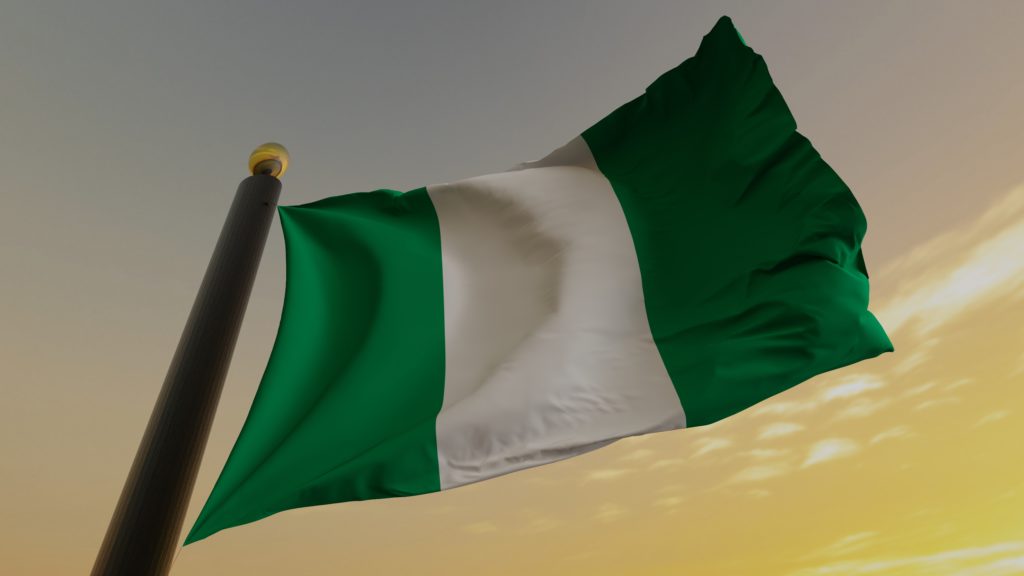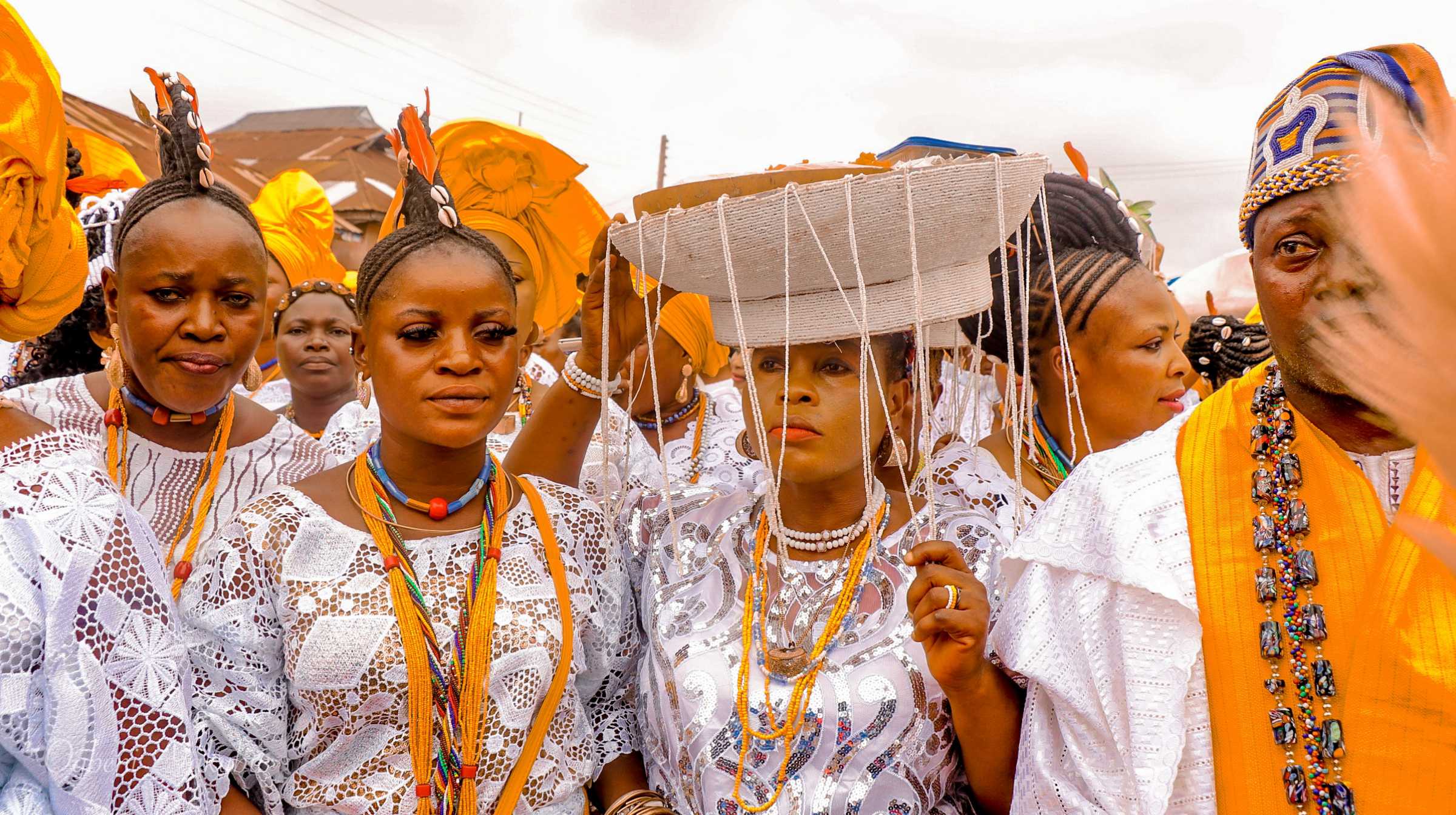
Introduction
Nigeria, located in West Africa, boasts diverse landscapes, rich natural resources, and unique ecosystems that support a wide array of plant and animal species. From the tropical rainforests of the south to the arid savannahs of the north, Nigeria’s environment plays a crucial role in shaping its economy, culture, and biodiversity. However, this diverse environment faces significant threats due to human activity, climate change, and industrial expansion.
1. Nigeria’s Geographical Landscape
a. Major Geographical Zones
- Tropical Rainforest: Predominantly found in the southern region, this zone includes dense forests and heavy rainfall, with the Niger Delta as a focal point for biodiversity.
- Savannah Grasslands: Covering the central and northern regions, the savannah is Nigeria’s largest ecological zone and is home to diverse wildlife, including antelope, elephants, and numerous bird species.
- Semi-Arid and Sahel Region: Located in the far north, this area marks the transition to the Sahara Desert and is characterized by sparse vegetation and low rainfall.
b. Key Landmarks and Natural Features
- Niger River and Benue River: The two longest rivers, converging in Lokoja, form one of Nigeria’s major water systems.
- Jos Plateau: Known for its scenic views, cool climate, and mineral deposits, it’s a unique geographic feature in central Nigeria.
- Lake Chad: A once-vast lake in the northeast, now facing severe shrinkage due to climate change and overuse.
2. Nigeria’s Ecosystems and Biodiversity
a. The Niger Delta: A Biodiversity Hotspot
The delta is rich in mangrove swamps, tropical rainforests, and coastal ecosystems, and is home to species such as the African manatee, the pygmy hippopotamus, and various fish and bird species.
b. Forest Reserves and Protected Areas
- Okomu National Park: This park conserves rare species like the white-throated monkey and forest elephants.
- Gashaka-Gumti National Park: Nigeria’s largest national park, located in the northeast, it’s home to chimpanzees, leopards, and unique plant species.
c. Endangered Species and Conservation Efforts
Key endangered species include the Nigerian-Cameroon chimpanzee, the Cross River gorilla, and the African elephant. Conservation efforts by NGOs and government agencies focus on anti-poaching, habitat protection, and local education.
3. Nigeria’s Rich Natural Resources
a. Oil and Gas Reserves
The Niger Delta is Nigeria’s oil-rich region, providing the backbone of the national economy. Challenges related to oil extraction include environmental degradation, oil spills, and habitat loss.
b. Mineral Resources
Nigeria holds vast deposits of minerals such as tin, limestone, coal, and iron ore, especially in the Jos Plateau and other regions. The mining industry faces issues of illegal mining and environmental regulations, impacting local communities and ecosystems.
c. Agriculture and Arable Land
The savannah and rainforest regions provide fertile soil, supporting crops such as cocoa, palm oil, cassava, and yams. Deforestation and soil degradation threaten agricultural productivity, calling for sustainable farming practices.
4. Environmental Challenges in Nigeria
a. Deforestation
Nigeria has one of the highest deforestation rates globally, driven by logging, agriculture, and urban expansion. Deforestation impacts biodiversity, water resources, and contributes to climate change.
b. Pollution: Air, Water, and Soil
Industrial pollution, particularly in the Niger Delta, has led to contaminated water sources and toxic soil, affecting both human and ecological health. Air pollution in urban areas like Lagos poses health risks, with vehicle emissions and industrial activities as major contributors.
c. Climate Change and Its Effects
Rising temperatures and unpredictable rainfall patterns threaten agriculture and food security, particularly in northern Nigeria. Increased droughts and desertification in the Sahel region have displaced communities and impacted pastoral livelihoods.
5. Sustainable Solutions and Environmental Initiatives
a. Government Policies and Environmental Regulations
Agencies such as the Nigerian Environmental Standards and Regulations Enforcement Agency (NESREA) are tasked with enforcing environmental laws. Recent policies aim to regulate emissions, reduce deforestation, and improve waste management practices.
b. Community-Led Conservation and Education Programs
NGOs and local communities promote reforestation, sustainable agriculture, and conservation education to empower citizens in environmental stewardship. Efforts include programs for restoring mangrove forests in the Niger Delta and tree-planting initiatives in arid regions.
c. Renewable Energy and Green Innovation
Solar, wind, and bioenergy projects are being developed to reduce reliance on fossil fuels. Renewable energy initiatives aim to reduce air pollution, provide sustainable power to rural areas, and support Nigeria’s climate goals.
6. Future of Nigeria’s Environment: Moving Towards Sustainability
Nigeria’s environment holds immense value for its people, economy, and biodiversity. Sustainable practices, effective policies, and community involvement will be essential in addressing environmental challenges and preserving Nigeria’s natural heritage for future generations. The journey toward sustainable development in Nigeria is ongoing, and continued efforts from both the public and private sectors will shape the future of its geography and environment.
Conclusion
Nigeria’s diverse geography and environment are central to its cultural heritage, economic potential, and ecological importance. However, environmental degradation, climate change, and resource mismanagement pose serious risks. With proactive measures and sustainable practices, Nigeria can work toward a balanced approach that safeguards its environment while promoting economic growth.



